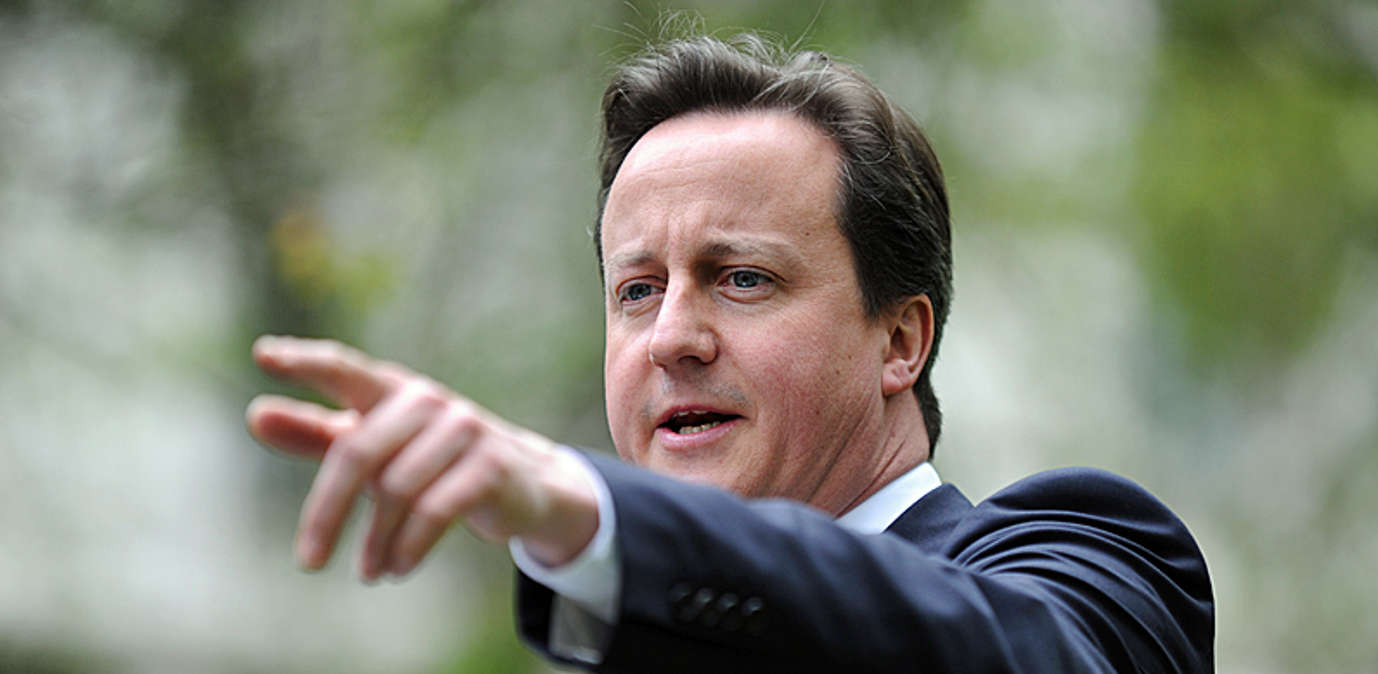Cameron shuffles his pack
by Inline Policy on 16 Jul 2014
Cabinet reshuffles under David Cameron have been noticeably less dramatic than those of his predecessors. This all changed yesterday. The news on Monday night that William Hague was resigning as Foreign Secretary, to be replaced by Philip Hammond, was the first bit of news to make waves well beyond the Westminster village. Arguably the biggest surprise was the news that Michael Gove was being replaced as Education Secretary by Nicky Morgan.
Gove was one of the most, if not the most, divisive member of Cameron’s Cabinet. In the run-up to next year’s general election, the Prime Minister clearly wanted someone less combative in such a prominent, and electorally significant role. However, the former Education Secretary has not been relegated to the backbenches, and was rather prominent beside the Prime Minister at Prime Minister’s Questions this afternoon. His new role as Chief Whip illustrates that he is still very much part of the core team. William Hague, who has also confirmed that he will stand-down from Parliament next year, similarly has an important role as Leader of the House of Commons. Hague and Gove are valued political strategists who are adept at handling the media. They will both be prominent figures on the campaign trail.
A key theme of the reshuffle, and prominent in the media coverage, has been the promotion of a number of women to key posts. The Prime Minister has been subject to criticism that his Cabinet, thus far, has been too dominated by Oxbridge educated white men. Following this reshuffle, the number of female members of the cabinet has increased from three to five. However, critics argue that seventeen of the twenty-two cabinet members are men and the number of women in the full cabinet has risen by just one since 2010. The Conservatives were quick to point out in response that women now make-up 30 percent of the cabinet. In terms of who has been promoted, Liz Truss moves from her role as an Education Minister to become the new Environment Secretary, replacing Owen Paterson. Nicky Morgan, previously at the Treasury, has replaced Michael Gove and Baroness Tina Stowell, who has left her position at the Department for Communities and Local Government, is the new leader of the House of Lords, replacing Lord Hill of Oareford, who the Prime Minister has nominated to become the UK’s new European Commissioner. Employment Minister Esther McVey keeps her current role, but will now attend Cabinet. In an interview this morning with the BBC, McVey, who hails from Liverpool, declared that her promotion was an “important win” for the North West of England in terms of ensuring the views of people she represented are heard at the “top table.”
Philip Hammond’s move from Defence Secretary to Foreign Secretary is another significant move. Hammond, who is said to be more Eurosceptic than his predecessor William Hague, said last year that he would consider voting to leave the EU if there were not significant reforms. Upon his appointment he struck a slightly more diplomatic tone by saying that he wouldn’t be issuing any “threats”, but stressed that renegotiating the UK’s relationship with the EU would be a priority. On this European theme, Michael Fallon, the new Defence Secretary said this morning on the Today programme that “It's certainly a Eurosceptic cabinet, but the country is Eurosceptic now.” Such public pronouncements of Euro scepticism will no doubt increase strains in the coalition and Nick Clegg and Vince Cable were both quick to criticise Fallon’s statement. The departures of Ken Clarke and Sir George Young, the most prominent Conservative pro-Europeans, from the Cabinet illustrates how the Prime Minister is keen to convince voters that his Cabinet, and a future Conservative Government, will be strong and vocal protectors of British interests in Europe. This will evidently be part of a broader strategy to mitigate the electoral threat of UKIP.
In terms of other key promotions, Matt Hancock maintains his upward trajectory as he is now in a more senior role at the Business Department and takes on additional responsibilities as an Energy Minister. He will also attend Cabinet. Jo Johnson, brother of Mayor of London Boris Johnson, retains his role as head of the No.10 Policy Unit, but has been elevated to a more senior role at the Cabinet Office. Claire Perry, who was a government whip, is now a junior Transport Minister. Priti Patel, who was not previously in a government role, is now a Treasury Minister. Anna Soubry has been promoted into a more senior defence role and Penny Mourdant moves from the backbenches to a junior ministerial role at the Communities and Local Government Department. George Freeman has also secured a role as a Business and Health Minister. There have also been some noticeable exits. David Willetts, Hugh Robertson, Greg Barker, Nick Hurd, Alan Duncan, Andrew Robathan and Damian Green have all left the government, and will all return to the backbenches.
With only 10 months until the General Election, it is clear that this reshuffle is very much about the Prime Minister building a team he thinks will most likely deliver a decisive Conservative victory. On key issues such as Europe he has put in place Ministers who will reassure existing Conservative voters, and who may potentially sway wavering ones. There has been an injection of younger MPs mostly from the 2010 general election intake who have either been promoted from an existing ministerial role, or are entering government for the first time. The Prime Minister described his new ministerial team as a “fresh team with the ideas, the energy, the policy and the ability to take this country forward”, he also importantly added that it “reflects modern Britain.” In response Labour have described the reshuffle as a “massacre of the moderates.” The battle lines ahead of next year’s election are well and truly being drawn.
Photo by Number 10 (CC BY-NC-ND 2.0)
Topics: UK politics







Comments